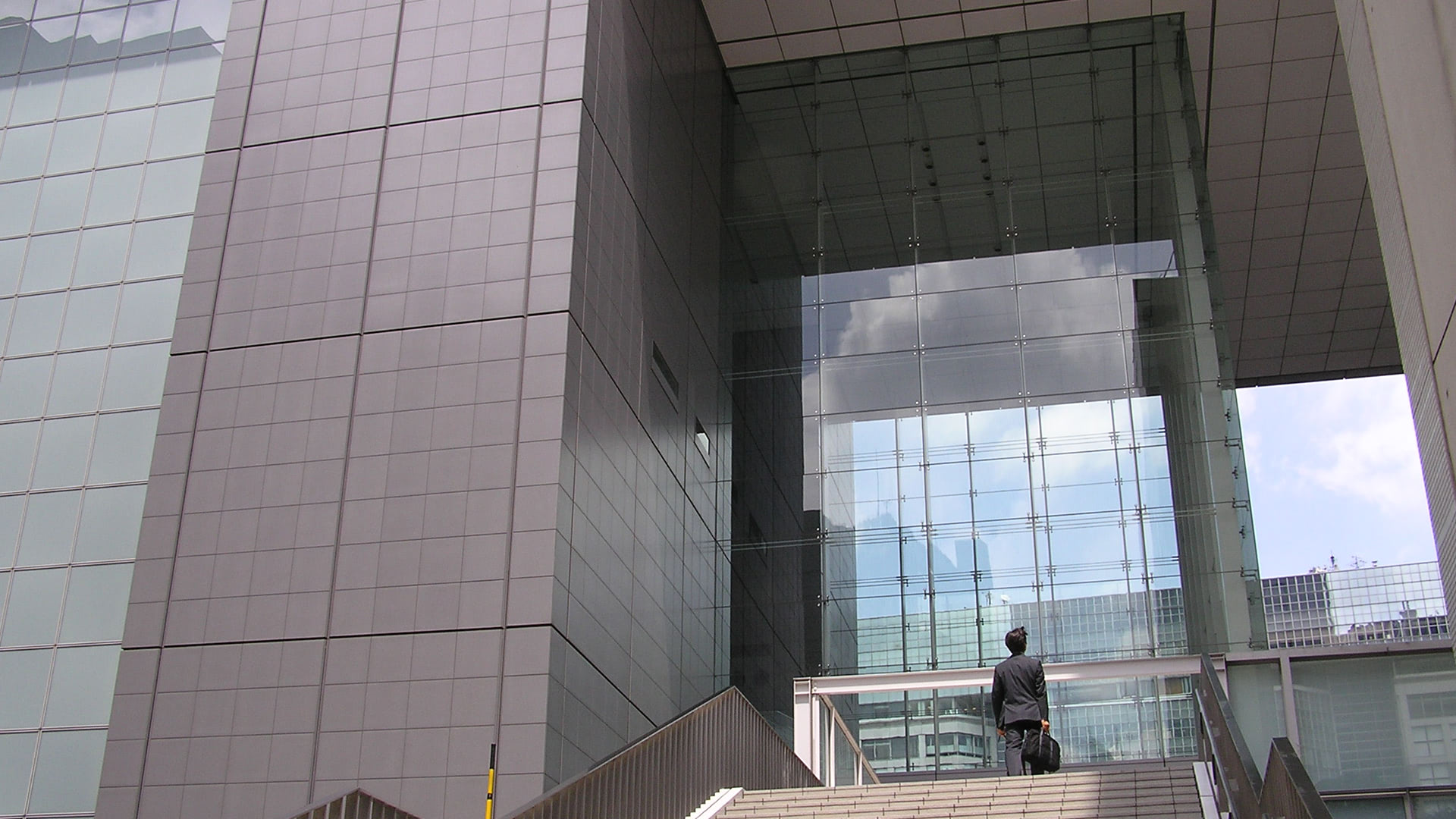Sydney Business Insights

Feeling lonely
Being lonely can reduce a person’s life span to the same extent as someone who smokes 15 cigarettes a day. In terms of overall health and wellbeing, you are better off being obese than lonely.
The former US Surgeon General, Vice Admiral Vivek Murthy estimates loneliness is the most prevalent ailment within the community. It’s a bitter irony that whilst we live in the most technologically connected age in history, rates of loneliness have doubled since the 1980’s.
New research shows that loneliness is not just a private issue: Feelings of loneliness also produce lower job performance. Moreover individual loneliness can bring down the effectiveness of the entire work place as co-workers perceive isolated colleagues to be less approachable and not as committed to the organisation. This feeling fans out to ever widening circles of potential connections within the organisation: Social ties fray, collaboration drops and trust disintegrates. In this way the performance of entire teams, even departments, can suffer.
Loneliness is different from depression, being alone or feelings of solitude. It is about the quality of social relationships rather than their quantity.
In the US half the CEOs and many other employees report feeling lonely at work.
This year the UK’s Prime Minister Teresa May appointed a minister for loneliness after a Government report there showed more than 9 million people feel lonely ‘often’ or ‘always’.
The loneliness epidemic needs to be tackled at an organisational level. People can spend most of their waking hours at work so companies need to play a strong role in addressing this loneliness contagion.
A good place to start is to consider where loneliness comes from: Is it tied to modern work arrangements? To adopt the digital lingo – more ‘nimble’ workers and work places mean people are changing jobs much more often (no more jobs for life) and are also shifting positions within organisations with greater frequency (‘refreshing’ their skills, gaining the variety of competencies that a well-polished CV should display).
We are spending less time with the same crowd and while this may seem dynamic it can also lead to a lack of depth in the quality of our interpersonal lives – we simply don’t know each other as well and our feelings and interactions are likewise more superficial.
These days people may have more social (media) connections but we are failing to build the kind of long lasting friendships and meaningful relationships that take months, even years, to develop.
Work has become much more transactional – the rise of the gig economy has for many stripped away the whole experience of work mates. Deinstitutionalising work has directly contributed to increasingly lonely work sites and hence workers.
We need to rethink the human relations component of work and put personal connections at the core of our work organisation. Corporations do have the power to address this challenge by strengthening connections among employees, partners, and clients and also by serving as an innovation hub that can inspire other organisations to address loneliness.
You can subscribe to this podcast on iTunes, Spotify, Soundcloud, Stitcher, Libsyn or wherever you get your podcasts. You can follow us online on Flipboard, Twitter, or sbi.sydney.edu.au.
Image: workplace loneliness (from Flickr)
Sydney Business Insights is a University of Sydney Business School initiative aiming to provide the business community and public, including our students, alumni and partners with a deeper understanding of major issues and trends around the future of business.
Share
We believe in open and honest access to knowledge. We use a Creative Commons Attribution NoDerivatives licence for our articles and podcasts, so you can republish them for free, online or in print.







